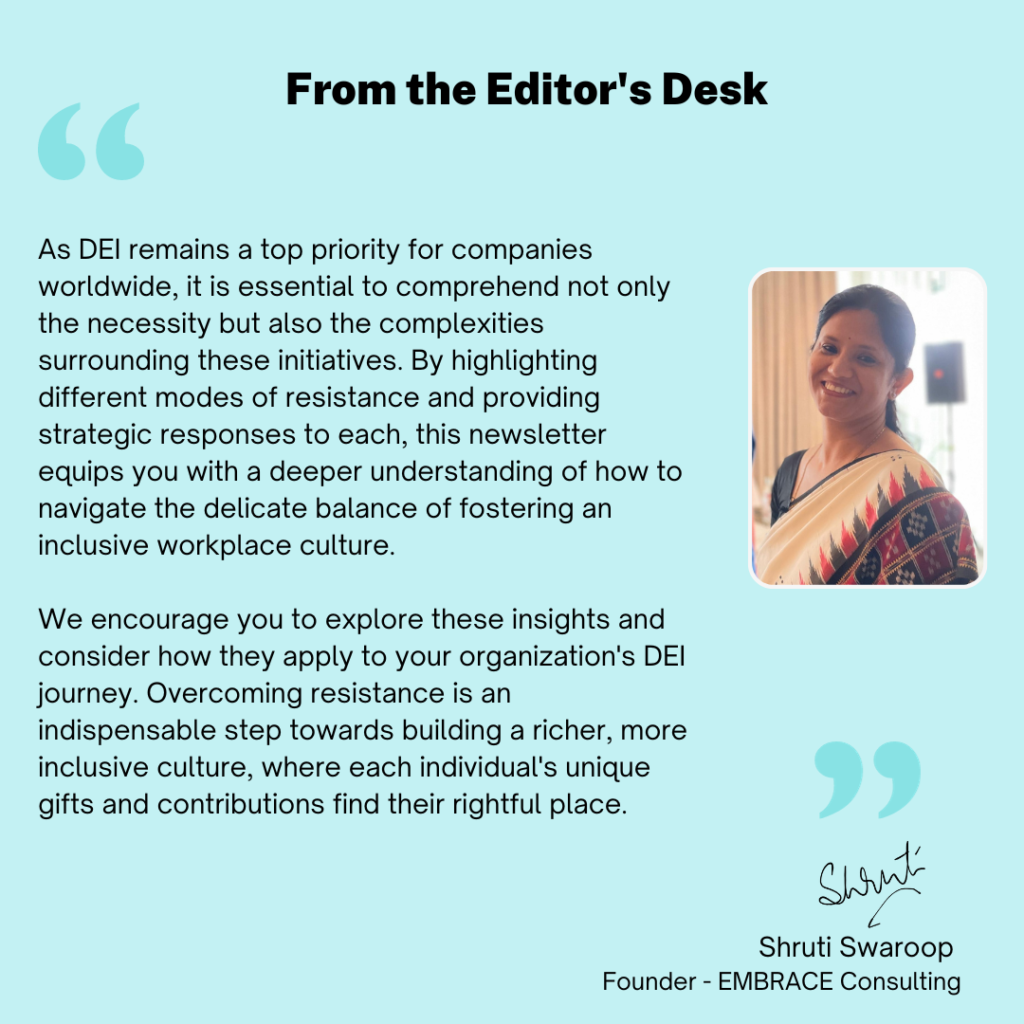
In recent years, diversity, equity, and inclusion (DEI) initiatives have gained significant momentum across various industries. While external resistance to these initiatives, often seen in the forbayern shirt 22 23 best human hair wigs online air jordan 1 real hair wigs nike nba miami heat nba jersey sale nike jordan proto max custom made soccer jersey ja morant jersey original luvme wigs on sale nike nba miami heat ja morant jersey original cheap nfl football jerseys jordan wmns air 1 mid sneakers alte durex skin feelm of public criticism, tends to make headlines, internal resistance within organizations is equally significant and requires careful attention and strategic responses. This article delves into the various forms of resistance to DEI efforts and offers insights into overcoming them, drawing from psychological research and practical strategies.
Understanding Psychological Threat
DEI initiatives can lead to significant organizational changes, sparking feelings of threat and concern, especially among members of majority groups. Three primary psychological threats that drive resistance include:
1. Status Threat: Majority group members may perceive DEI as a zero-sum game, where gains by minority groups imply losses for the majority. For example, In a predominantly male tech company, some male employees may resist DEI initiatives, thinking that increased opportunities for female colleagues will come at their expense, such as fewer chances for promotions or leadership positions.
2. Merit Threat: Some individuals fear that DEI initiatives suggest their achievements result from group membership rather than their skills and qualities. For instance, an employee who has consistently received promotions and recognition may fear that DEI efforts imply their success is solely due to their majority group status, undermining their sense of personal achievement and merit.
3. Moral Threat: Acknowledging privilege can lead to a tarnished moral image, primarily among those committed to the ideal of equality. An example of this would be an employee who strongly believes in the principles of equality may feel a moral threat when confronted with the idea that their privilege or the organization’s practices have perpetuated inequality, potentially causing them to question their moral standing within the company.
Forms of Resistance
Resistance to DEI initiatives manifests in several forms, each stemming from distinct psychological threats:
- Defending: When individuals feel their status is threatened, they may defend the status quo to legitimize it. Addressing status threat involves highlighting the “win-win” aspects of DEI initiatives, emphasizing long-term business growth and increased opportunities for everyone.
- Denying: Some people resist DEI initiatives by downplaying or denying inequality and bias. To address denying, it’s crucial to reduce perceptions of DEI as a zero-sum game and employ self-affirmation to help individuals accept evidence of ongoing discrimination.
- Distancing: Members of advantaged groups may acknowledge discrimination but distance themselves from it personally. Addressing distancing involves self-affirmation to counter merit threat and reframing DEI initiatives as opportunities to express universal moral ideals.
Effective Strategies to Overcome Resistance
Overcoming resistance to DEI initiatives requires understanding the specific form of resistance and applying targeted strategies. To make DEI efforts more effective:
- Reduce status threats by emphasizing the business case for diversity.
- Address denying through self-affirmation and constructive communication.
- Counter-distancing with self-affirmation and by framing DEI initiatives as expressions of universal moral principles.
By recognizing and addressing these different forms of resistance, organizations can make meaningful progress in advancing DEI efforts and fostering a more inclusive workplace culture.
- Fostering Effective Communication: Effective communication plays a vital role in challenging resistance to DEI change. Instead of adopting a punitive or compliance-driven approach, organizations should focus on creating inspirational and uplifting communications that resonate with employees. This includes storytelling, considering employee perspectives, and explaining the personal impact of DEI initiatives. The goal is to engage employees as active allies who are proactive in contributing to a more inclusive work culture.
- Sustaining Ongoing Conversations and Learning: Building a strong DEI culture is an ongoing journey, not a destination. Organizations should promote continuous learning and conversations throughout the employee lifecycle, from onboarding to professional development. DEI initiatives should be embedded in the organization’s culture to accommodate evolving internal and external environments.
To conclude, understanding and addressing resistance to DEI initiatives is essential for creating an inclusive workplace culture. By recognizing the psychological threats that drive resistance and employing targeted strategies, organizations can navigate challenges and promote a culture that embraces diversity, equity, and inclusion.
Corporate DEI Initiative are facing cutbacks and legal attacks
August 19th, 2023 | Andrea Hsu
Corporate Diversity, Equity, and Inclusion (DEI) initiatives have faced significant challenges in recent times. Despite the surge in hiring of chief diversity officers and other related roles, these programs are now encountering legal opposition from conservative activists who argue that DEI policies amount to racial discrimination. This assault on DEI efforts coincides with economic uncertainties, which have forced many companies to lay off employees, including those hired to lead their DEI strategies. This double blow has left experts divided on the future of DEI initiatives, while long-time advocates suggest companies should view these setbacks as an opportunity to recalibrate their approach. The hiring and subsequent cutting of DEI roles have been a common narrative. By linking DEI initiatives directly to financial goals, cost-saving, or achieving a vision, they can make it more challenging for detractors to argue against their importance. While some companies may withdraw from DEI efforts, others see the continued demand from consumers and users for diversity and inclusion, viewing them as essential pillars for their organizations. Independent consultants, like those formerly employed in DEI roles, are offering their expertise to companies committed to sustaining their diversity initiatives.
How corporate America is slashing DEI works amid backlash to diversity programs
July 7th, 2023 | Kiara & Max
Many diversity, equity, and inclusion (DEI) professionals hired by companies in 2020 are now struggling to find work as these positions have been disproportionately affected by layoffs, particularly in the tech industry. Economic pressures and a softening of corporate accountability for racial justice have led to job cuts in DEI roles. The fear is that without DEI policies, organizations may revert to unhealthy and exclusive work cultures, hindering employee retention and customer relations. Companies choosing to cut DEI programs could face difficulty in hiring candidates from underrepresented groups and understanding the needs of a diverse customer base. Additionally, studies have shown that diversity is good for business, promoting innovation and profitability. Companies that fail to prioritize DEI risk falling behind in a marketplace where candidates are seeking employers that align with their values. The future of corporate DEI initiatives remains uncertain as economic and political pressures continue to affect the field, with the consequences of these changes yet to fully unfold.






